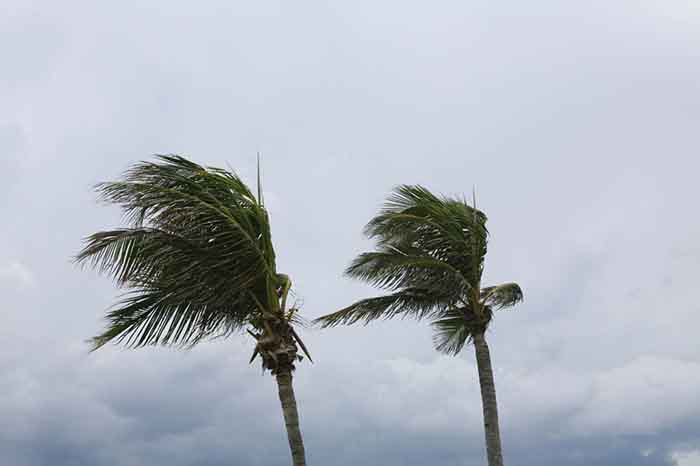Offshore law firm Appleby, from whose offices the papers originated, is suing the BBC and the Guardian for misuse of personal data arguing the information was stolen and shows nothing illegal.
The legal defence by the two UK media organisations has been that publishing the documents was in the public interest.
Appleby has counter-argued that the information was stolen and that the contents should have remained private.
The BBC has already lost a bid to have the court hearing before, what is believed to be, a more media-friendly bench.
To date, the papers have revealed little, if any, actual criminality. But that have changed.
BBC vindication?
In collaboration with investigative consortium the Organized Crime and Corruption Reporting Project, the BBC’s Panorama programme says it has uncovered the names of beneficial owners of shell companies that were secretly used to buy property worth millions for people accused of drug smuggling, gun running and murder.
The shell companies were based in the British Virgin Islands.
The gangsters, and in some cases their family members, bought luxurious property in London’s prestigious Knightsbridge, including a flat worth £12.5m ($17.5m, €14.3m).
The daughter of a man dubbed the “Don of Odessa” is the registered owner of three homes in one luxury development.
An Italian police investigation in the 1990s revealed those named in the Appleby documents were involved in mafia gangs – although they were never charged because the crimes took place outside of Italy.
The men kept their names off public records – using offshore companies which allow ultimate beneficiaries to be anonymous.
According to the BBC, Appleby allowed another professional to carry out client checks on its behalf and “vouch for their owners”.
However, one such “eligible introducer” was married to the sister of the boss of the gang.
Unexplained wealth
The UK’s National Crime Agency said it had seen some of the BBC’s evidence, which might lead to property being seized using an unexplained wealth order.
A spokesman for the UK’s National Crime Agency told International Adviser: “Theoretically, if the property is purchased where the source of income is criminal or corrupt then there is potential to use an unexplained wealth order.
“It doesn’t mean we are going to use an unexplained wealth order. An order is the start of a legal process, not the end.”
The orders, introduced in January, are designed to seize property bought with laundered money.
Stolen documents
Appleby had not responded to a request for commentary from IA at time of publication.
However, it previously said of the breach of confidence claim: “Appleby’s main objective of this application, and indeed the proceedings as a whole, is to understand which of our confidential and privileged documents were stolen by hackers so that we can, for example, respond meaningfully to clients and colleagues about what information, relating to them, has been taken.
“This case is about taking reasonable and proportionate steps to identify what information has been stolen from us.”








